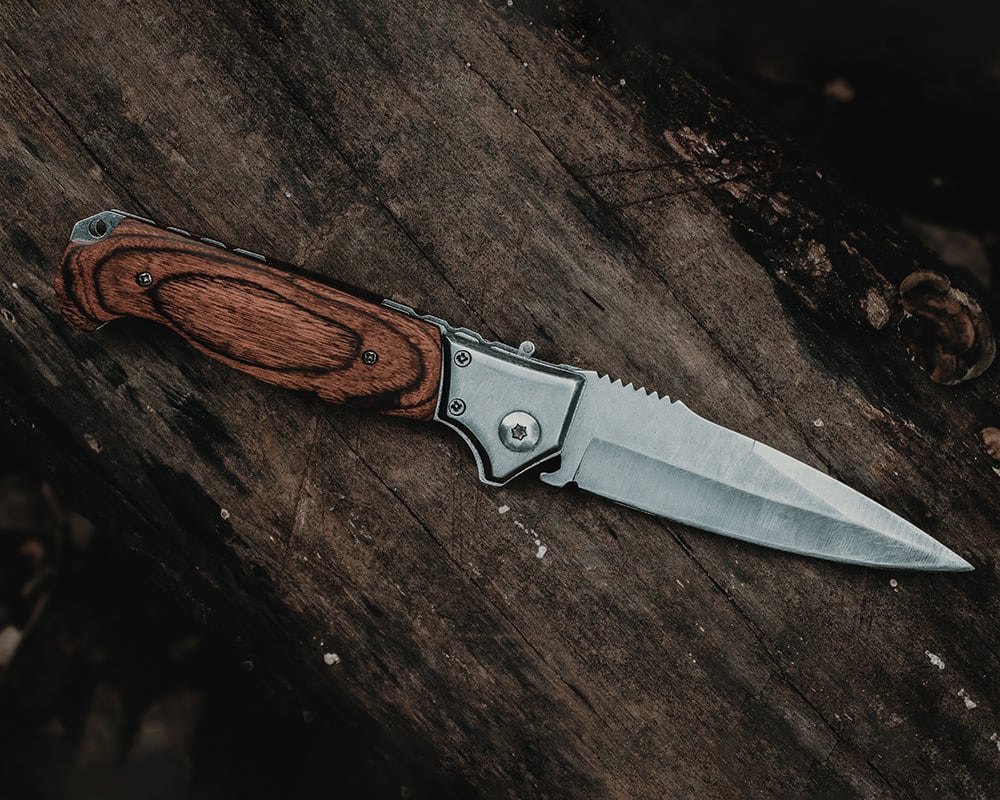à couteaux tirés
The French saying “à couteaux tirés” means literally “at knives drawn,” or “with knives drawn.” What it actually means is a situation of open war, or great tension, or great hostility, or diametrically opposed.
The idiom dates back to the end of the 17th century. Historically, arguments were often “resolved” with knives or daggers. So people who disagreed with each other might be on the point of drawing their knives to take the conflict to the next level.
In English, similar expressions include “at each other’s throats” and “at loggerheads.”






